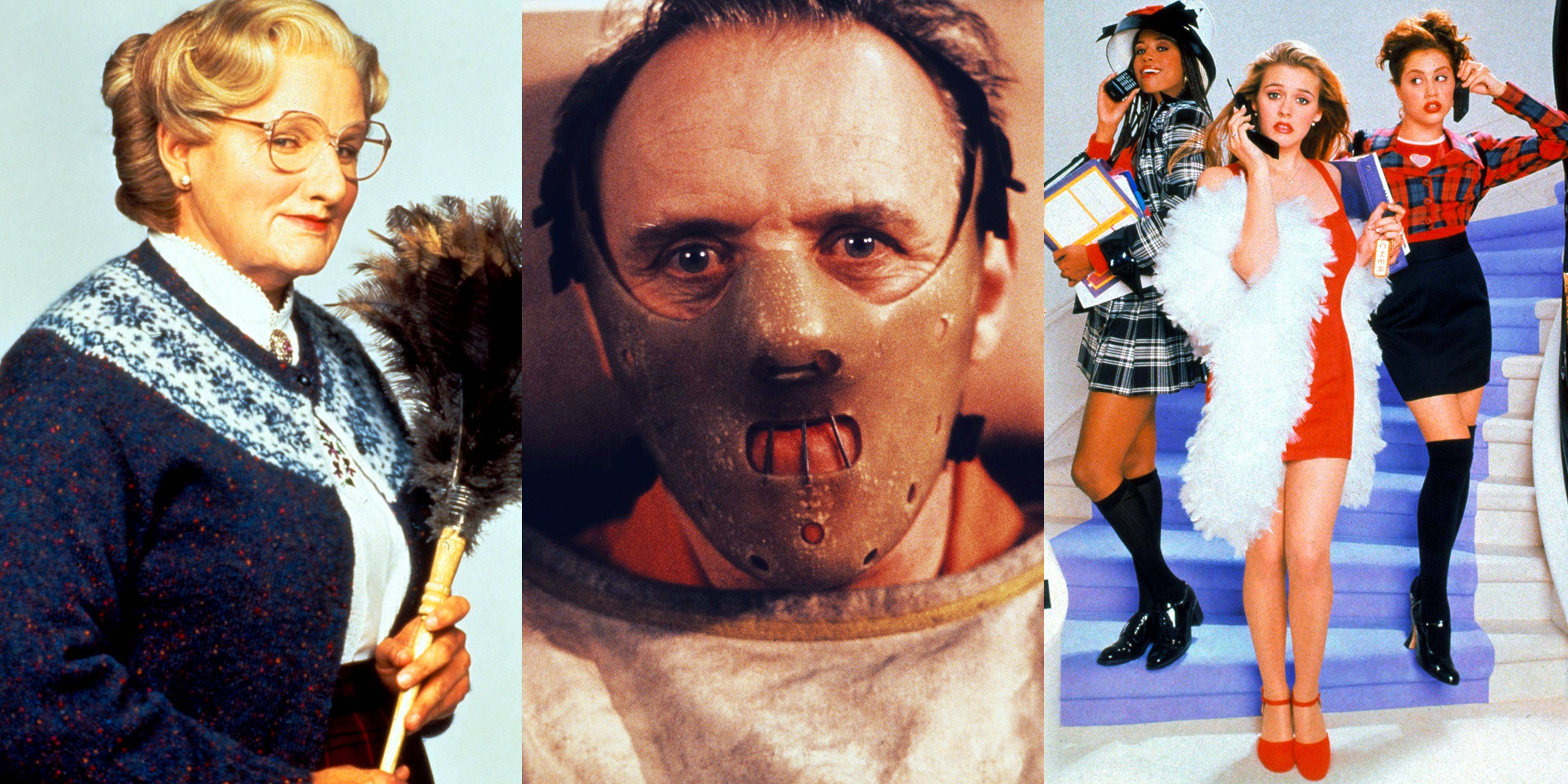
The series finale on a television show is one of its most important episodes. The finale often provides closure, but it can also leave fans with a lot of questions about what comes next in the series. You might consider the episode the end of the story. Or it could simply be a way the characters can say goodbye.
It's not the destination that matters, it's how you get there. That's true of a show's final episode, which often has to do more than just bring the series to an end. It must make sure that the story is finished and viewers are satisfied with their choice to tune in to the next season.
There have been series finales that succeeded. Below, we're taking a look at the best tv series finales of all time to see which shows nailed it, and which didn't.

The Series Finales of Mad Men
In the 1960s television was the primary source for entertainment. Therefore, it was important to end a show that had meaning to viewers. Alan Ball, creator of Mad Men ties the bow on the series’ depiction that era with a show about how the advertisement industry could influence people's life.
Some of these moments were truly beautiful while others were quite sad. But the truth is that a good series finale can be a powerful, emotional experience for its cast and audience.
There are a few things that make a good series finale: 1. It should be meaningful to the characters. It has to have an interesting storyline; and 3. It must also be interesting for the viewers.
In addition to being a satisfying conclusion to a show, a good finale has to be memorable, which can be difficult in an age of DVR and streaming. There are some series that have done the impossible and created memorable finales for viewers.

A War-Set Dramedy Packs a Lot into its Finale
The finale of M*A*S*H, which ended after 11 seasons on the air in 1983, was a war-set dramedy that was more a film than it was an episode of the long-running series. It was a poignant farewell to the South Korean nurses and doctors who died fighting, and a goodbye to those who have survived.
It was also a time to recognize the achievements of the team and the people who helped them. It was an honor to have been part of a series that revealed the human cost of war in a meaningful and memorable way, at a time when war-based dramas were still common.
These are the Worst Series Finishes Ever
It's difficult to create a memorable series finale. Many of these episodes did not live up the high expectations fans had. Whether they were memorable events or not, they created strong reactions and made a lasting impression on their viewers.
FAQ
How are TV ads delivered?
TV ads are typically delivered via cable, satellite or IPTV.
There are many ways consumers can access content today. However, there is still not enough diversity in how companies choose to distribute their advertising.
They all consider the same metrics when choosing which delivery method to use.
If your goal is to measure the effectiveness of an advertisement by its viewing time, then it's important to make sure people can access it on as many platforms possible.
If you're measuring ad effectiveness based on impressions, then you'll want to ensure that your advertisements are reaching as many eyeballs as possible.
Problem is, these methods don't always work together.
You might see fewer views if your advertisement is on more than one platform.
You may miss out on opportunities if your success is measured solely by how much time you spend on it.
What is the time it takes to fly commercial air?
Commercials can air at different times throughout a day. Commercials can air at different times of the day: some are broadcast during the day, others during prime time and some during the night.
Most commercials air every hour or half hour.
Does TV affect sales?
TV is a powerful tool for sales, as it allows consumers and sellers to see what products they have available.
Consumers often compare prices before buying something. People often look at product advertisements and think, "I wonder how I can afford that?"
Statistics
- In fact, 76% of people completely skip the commercials while watching their programs. (qualitylogoproducts.com)
- Not to mention, sales rose an incredible 11% following the launch of this commercial. (qualitylogoproducts.com)
- This includes 97 percent of Gen X, and 95 percent of Millennials. (marketingevolution.com)
- Radio is extremely accessible – 95 percent of cars have radios, and 99 percent of homes have radios. (marketingevolution.com)
- Television is a great brand awareness tool - Almost every American has a television, with 83 percent of adults having two or more, and American households keep their televisions on for 8.1 hours each day on average. (marketingevolution.com)
External Links
How To
How do I create my TV commercial?
You must first identify the audience you wish to reach. Are you trying new customers to target? Are you aiming to existing customers? You need to make your video entertaining and informative if you want to attract new customers. On the other hand, if you're targeting existing clients, your video needs to focus more on selling your product or service.
After you have decided who you want to reach, you can start thinking about the message you want. Are you trying to make people smile? Do you want to be serious? Maybe you want them to buy something.
Next, choose whether you want voiceover. Voice-overs make it easy to communicate your message with no visuals. But they can also sound cheesy. You might also consider writing your script if voiceovers are not something you enjoy.
The final thing to consider is what camera angle you will use. There are many options available, including close ups, medium shots and long shots.
Now that you have all the information, it is time to start making your first TV Commercial.